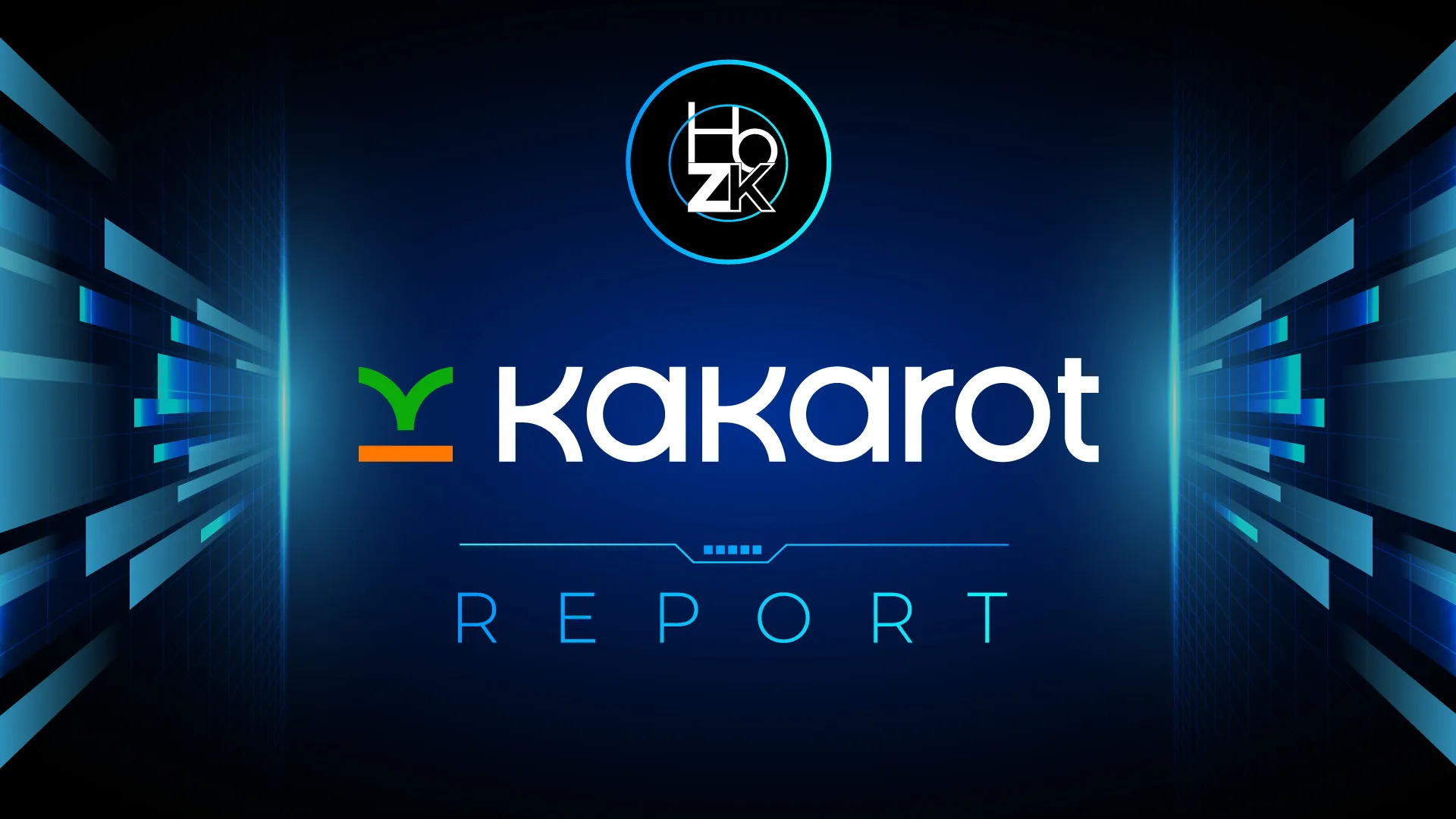
@KakarotZkEvm has released the alpha version of Cairo M, a zkVM designed to improve client-side proof generation on consumer devices. The project builds on @StarkWareLtd’s S-Two prover and applies Kakarot’s previous work on zkVM architecture to enhance performance and memory efficiency.
According to Kakarot’s announcement, Cairo M achieves up to tenfold reductions in CPU proving time compared with the original Cairo on certain benchmarks, such as Fibonacci and SHA-256. The design introduces a new memory model and instruction set intended to support long-running programs and lower host memory usage.
“Cairo M is a first of its kind general purpose zkVM running smoothly on a wide variety of consumer devices, opening the door to privacy-preserving applications as well as to a much broader decentralization of ZK-secured networks." - @ClementWalter, Co-founder of Kakarot
Cairo M is developed for small-field STARK provers and supports proving continuation and recursion, allowing proofs to be generated incrementally as a program runs. It features an updated instruction set architecture and an optimized memory model that make proof generation feasible on consumer-grade hardware, including mobile devices.
The new zkVM also introduces a dedicated programming language, the Cairo M language, inspired by Cairo, Rust, and C++. The language is compiled into optimized assembly instructions designed for efficient proof generation, aiming to simplify the development of zero-knowledge applications for end users.
Kakarot reports that more than two million ZKPs have already been generated using Cairo M across over 5,000 consumer devices during internal testing. The team plans to continue optimizing the zkVM for broader deployment as the project moves beyond its alpha phase.

Running a full zkVM on consumer hardware shifts proving from centralized services and GPU clusters to the network edge, improving scalability, privacy, and network resilience.
For the industry, this signals a transition from ZK as cloud infrastructure to ZK as a local runtime - where phones, laptops, and browsers can independently generate and verify proofs. It points toward a future in which verifiability becomes a native feature of everyday computing rather than a specialized backend function.